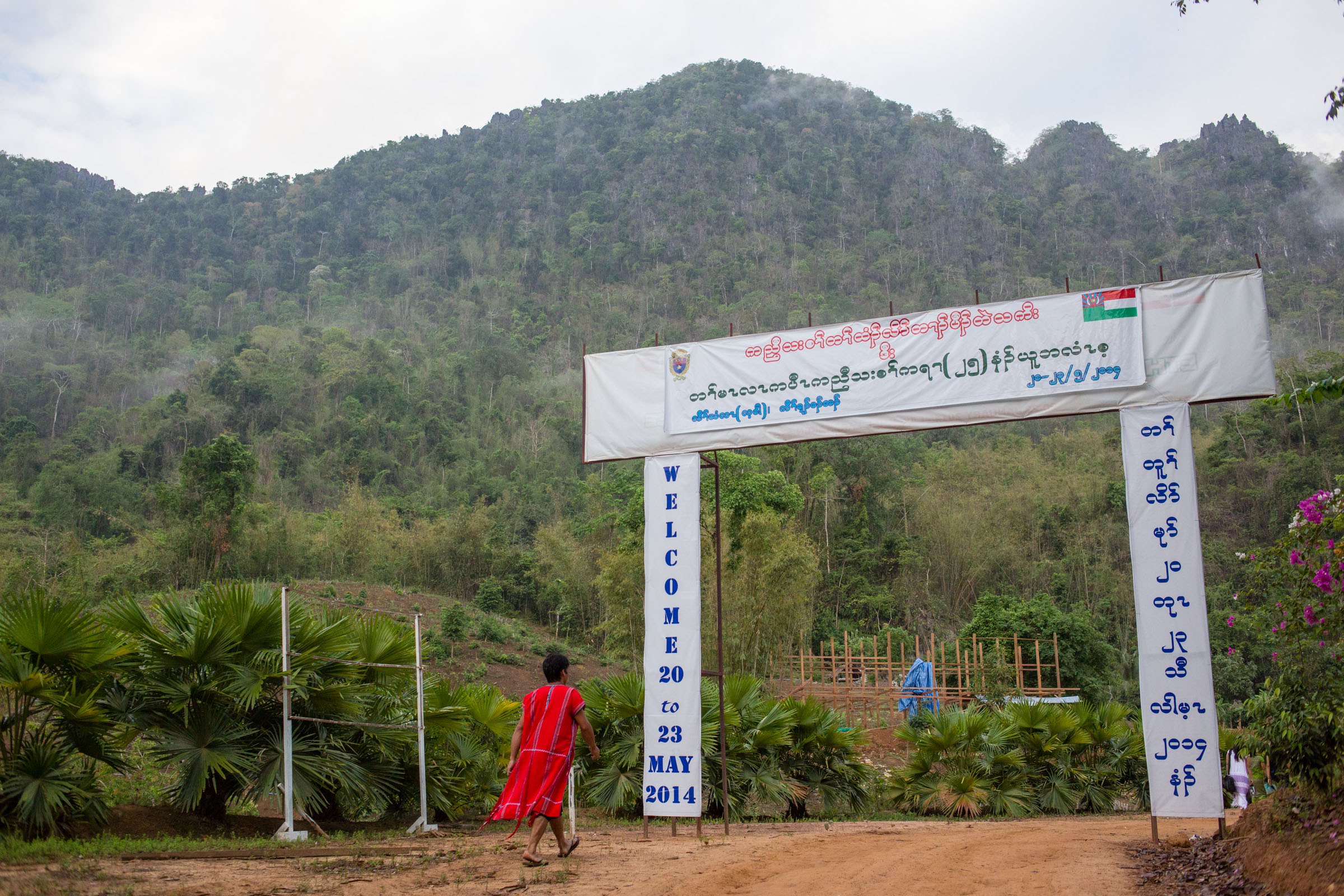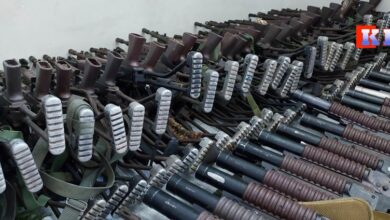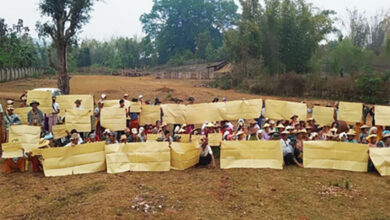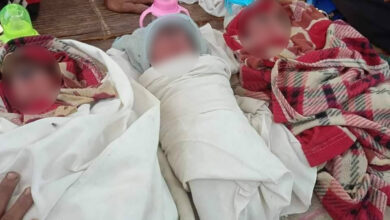Karen Young People Celebrate The Karen Youth Organisation’s Jubilee

Hundreds of young Karen people dressed in their traditional clothing file into a large open-air building in Karen State, a booming series of “hello… hello… hello…” tests a sound system stacked on the edge of a stage.
The traditional dress sound system and stage are signs that the Karen Youth Organisation’s celebrated its 25th year in May, more than one thousand people attended the official celebration marking the anniversary in Karen State.
Karen News spoke to several young people attending the ceremony about their concerns and hopes as Burma goes through political changes.
Naw Hser Nay Kaw Thablay Paw Kel, 18, is in her first year studying an English major in Burma. She says that the greatest concern for young Karen people in her area is a lack of educational opportunities.
“We need to explore and decide which is best for each of us as young people,” she says.
Naw Hser is involved with a youth organisation that helps train young people and says that in her experience, avenues for young Karen to learn information technology skills in particular did not exist.
“People from our area are weak with computer skills. I would like to invite Karen young people from other areas to come to our state and share their knowledge – if only we can learn more about IT we will have the opportunity to see what is going on in the world,” she says, “many of our youths do not know that they can use social media to connect with people from different places.”
While attendance in primary education is relatively high in Burma, according to UNICEF statistics, only half of young people participate in secondary school – often because they need to work to help support their families.
The fight to retain cultural identity for young Karen people in the big cities is very real, says 18-year-old Saw Jubilee Kha, a second-year university student studying economics and history at Yangon University, but originally from the Irrawaddy Division.
“I have been involved in activities at university celebrating Karen customs and also a Karen literature committee for over a year. We also organised traditional Karen dance competitions – in this way we can focus on what unifies us as a people. Now students from 20 of Yangon’s 22 universities have joined our committee.”
Smoothing back his hair in the light rain, Saw Jubilee says that when students joined university they had to sign a statement, which barred them from political activities, but that he felt a duty to attend the KYO event.
“We are not allowed to be involved in political issues because we are students when we started university, we were made to vow that we would not get involved in political issues. We will go back to Yangon and find ways to open the door on exchanging knowledge about Karen people everywhere.”
Sa Kyaw Kyaw Lwin, a KYO delegate from Pa Thein City, says that Karen people live in fear even today. “We practice our customs in fear, some people are even scared to simply say that they are proud to be Karen. Many young people do not have a chance to finish school and need to work to support their families, so they can’t get an education. It is even harder for any of us to have access to overseas education or scholarships… since for many years we have been oppressed by the Burma military.”
Saw Eh So Tay, the KYO president of Thaton region, says that many young Karen people are still living under oppression even with the installation of a reformist, though military-backed, government in 2011.
“Many Karen youths are oppressed, they have no proper access to education,” he says, ‘at KYO we want to teach them and give them that chance at an education so that when they are educated they can help build our Karen nation and a democratic system.”
Naw Paw Eh, 24, a program director with a local youth association in the Irrawaddy Division, says she is excited to see so many young Karen people from all over Burma meeting together but that, even now, coming to the KYO event had been a risk for her. “We lost contact with other young people for so long because of the conflict in Burma. So I am excited, but also afraid about what can happen to me if I go back,” she states in perfect English, “We have a great responsibility to make a strong fellowship of Karen people. In my region this type of seminar could not be held, but I hope in the future that it can be.”
Naw Paw Eh cautions that many Karen organisations were still outlawed in Burma and members of the groups could be persecuted under current laws.
“The Karen National Union is not a legal association. If someone from the KYO or KNU comes to visit us in Irrawaddy they cannot stay at our home, and it would be quite difficult to have any sort of seminar or meeting together and to get permission from the government.”
Naw Paw Eh dreams of freedom for Karen people and hoped of a brighter future where everyone had a decent education.
“I hope that young Karen people will be able to get better educated, to promote our Karen identity, because if we look back at our history our identity has been oppressed for many years, so my hope is that our people get better education and that we finally get freedom.”
KYO state on their website say that they have 40,911 members.




